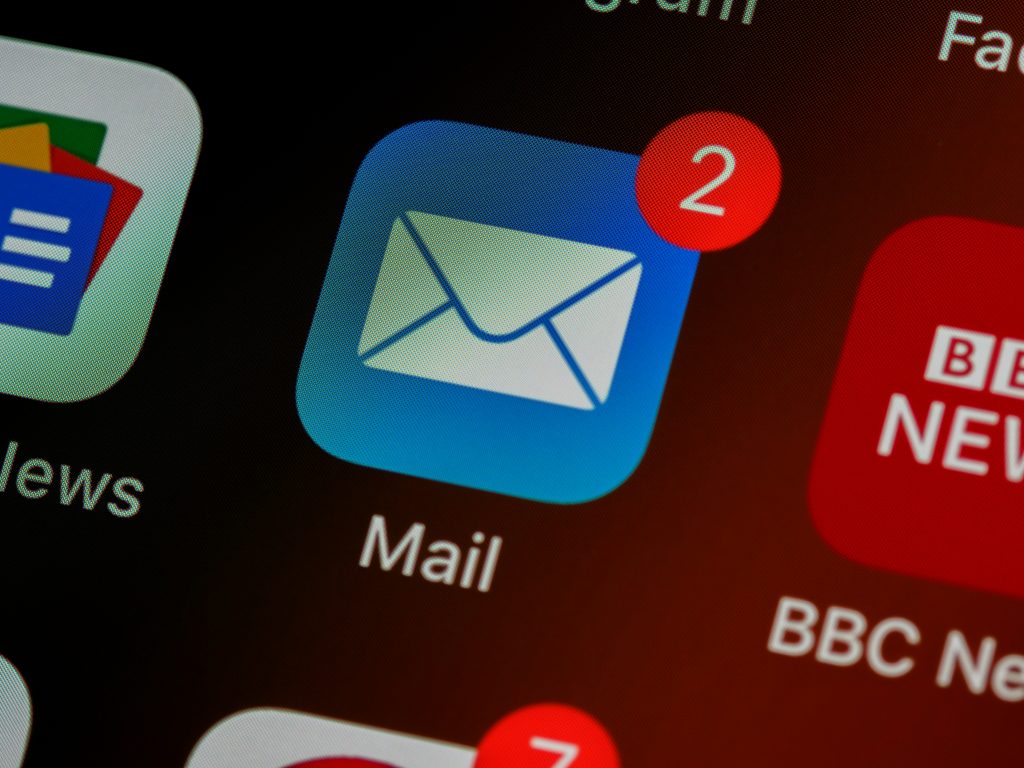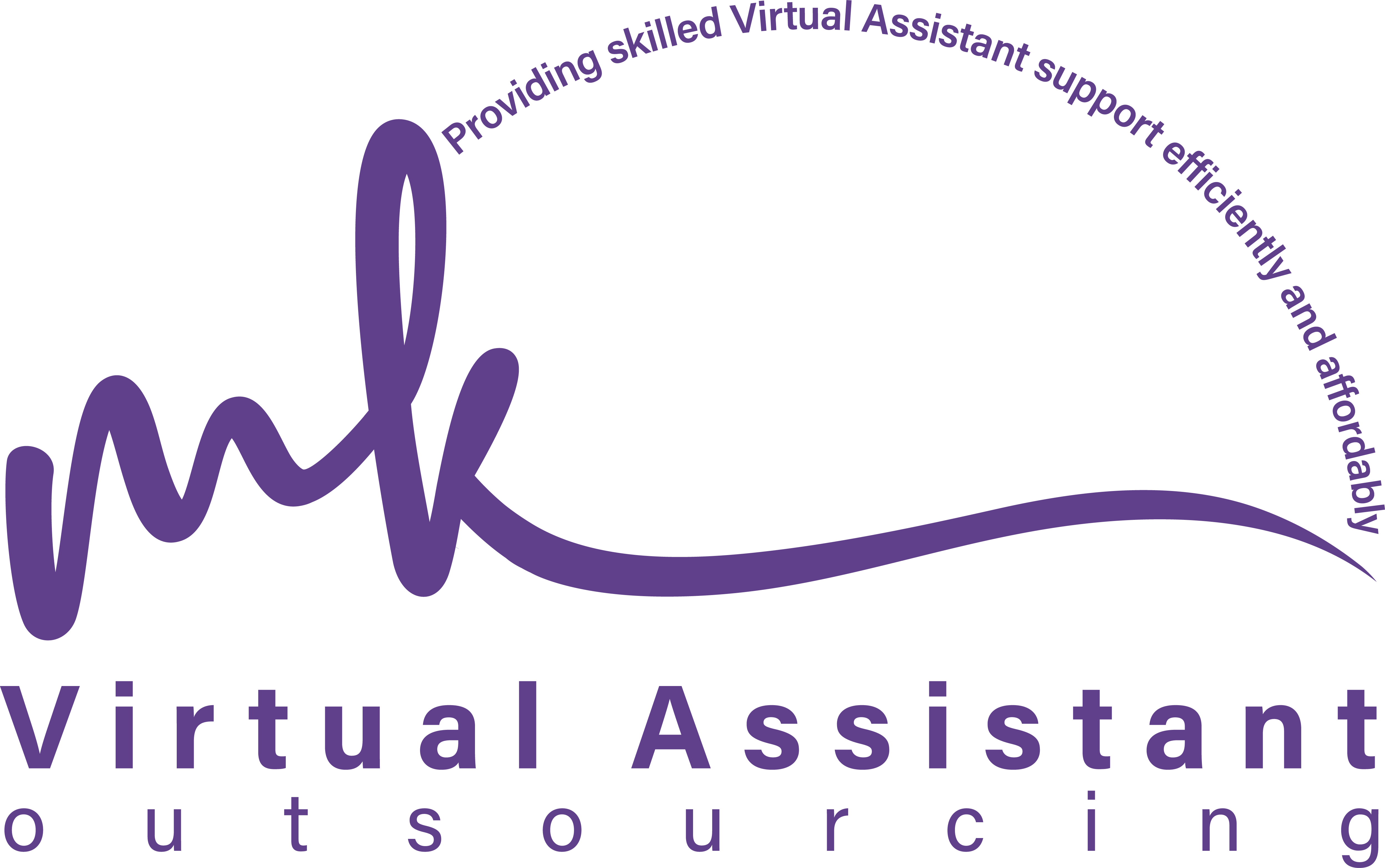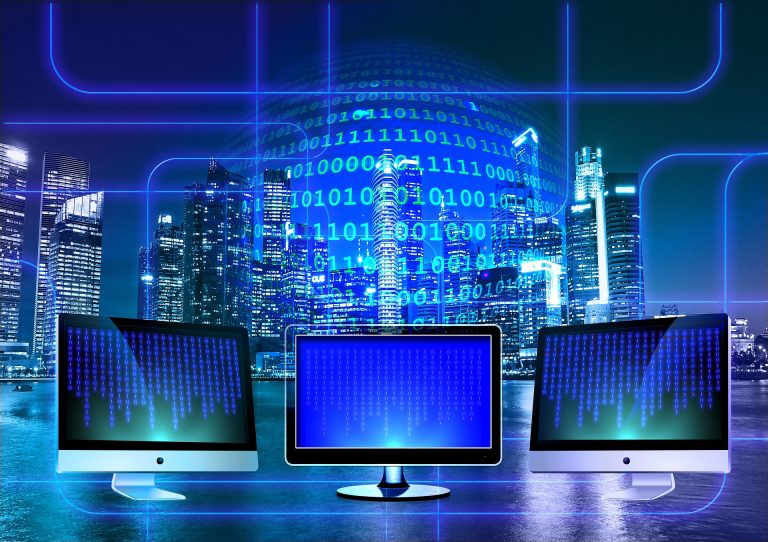Ensuring Email Security: The Importance of DMARC Authentication for US Businesses by February 2024
Email has become an integral part of business communication in the digital age. However, with increasing instances of email fraud, phishing attacks, and spoofing, it has become crucial for businesses to prioritize email security.
One powerful solution that can help companies safeguard their email domain is DMARC (Domain-based Message Authentication, Reporting, and Conformance) authentication. This blog explores the significance of DMARC authentication for US businesses and why its adoption is necessary before February 2024.

Understanding DMARC Authentication
DMARC authentication is a protocol that provides an additional layer of security by enabling domain owners to authorize email senders and specify how to handle unauthorized emails. It uses SPF (Sender Policy Framework) and DKIM (DomainKeys Identified Mail) technologies to authenticate incoming emails.
Combating Email Fraud and Phishing Attacks
Email fraud and phishing attacks can cause significant financial losses, damage a business’s reputation, and compromise sensitive client information. By implementing DMARC authentication, businesses can prevent unauthorized individuals from sending fraudulent emails on their behalf, reducing the risk of such cyber threats.
Enhancing Brand Reputation and Trust
In today’s highly competitive market, businesses strive to establish and maintain a trustworthy brand image. DMARC authentication helps in this regard by ensuring that email recipients can identify legitimate emails from the organization, boosting brand reputation and fostering trust among customers, clients, and partners.
Compliance with Regulatory Requirements
Starting in February 2024, the United States government will require government agencies, federal contractors, and organizations doing business with the government to have DMARC authentication. By adopting DMARC before the deadline, businesses can ensure compliance and avoid penalties.
Protecting Customer and Employee Information
Sensitive information, such as login credentials, financial data, and personally identifiable information, is often shared through email. DMARC authentication provides an additional layer of protection, preventing unauthorized access to such confidential information and reducing the risk of data breaches.
Monitoring and Reporting
DMARC authentication offers comprehensive reporting capabilities, providing visibility into email activity, including successful and failed authentication attempts. This information allows businesses to monitor and take prompt action against potential threats or policy violations, further enhancing email security.

TAKEAWAY
As email-based cyber threats continue to evolve, US businesses must implement DMARC authentication to secure their email domains. By adopting DMARC before February 2024, organizations can strengthen their email security, combat fraud, bolster brand reputation, comply with regulatory requirements, and protect valuable customer and employee information. Don’t delay – prioritize DMARC authentication and safeguard your business and stakeholders from email-related vulnerabilities.
For expert guidance and assistance with implementing DMARC authentication, consult with Telligens Technologies, one of the leading Managed Service Providers in Cerritos, California.
Our experienced team can help you navigate the intricacies of email security and ensure optimal protection for your business. Contact us today at 562-239-4740 or email us at letstalk@mkvaoutsourcing.com to discuss your specific needs. Let Telligens be your trusted partner in fortifying your email security and protecting your valuable assets.







